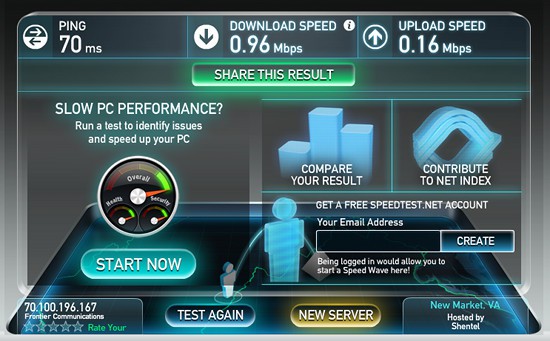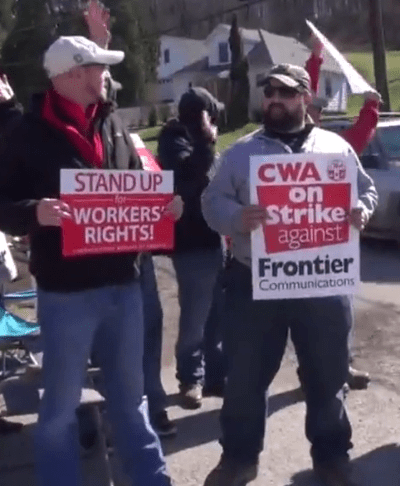 After 10 months of negotiations between Frontier Communications and the Communications Workers of America (CWA) over the phone company’s job cuts, 1,400 Frontier workers in West Virginia and Ashburn, Va., walked off the job Sunday.
After 10 months of negotiations between Frontier Communications and the Communications Workers of America (CWA) over the phone company’s job cuts, 1,400 Frontier workers in West Virginia and Ashburn, Va., walked off the job Sunday.
The Communications Workers of America claims they have been unable to reach an agreement on a fair contract with Frontier despite three extensions. The original contract expired in August, 2017. The CWA claims their members have waited long enough and called a strike.
“We have been very clear throughout the bargaining process that our top priority is keeping good jobs in our communities,” said Ed Mooney, vice president of CWA District 2-13. “Going on strike is never easy. It’s a hardship for our members and the customers who we are proud to serve. But the job cuts at Frontier have gone too far — we know it and Frontier’s customers know it. It’s time for Frontier to start investing in maintaining and rebuilding its network in West Virginia.”
The CWA claims Frontier has let go of some of its most experienced technicians while outsourcing an increasing number of jobs to outside contractors. Frontier has also cut over 500 jobs in the area since 2012 and has announced a plan for additional layoffs this month. The union claims Frontier’s customers are suffering too.
“We’re taking a stand,” said Johnny Bailey, president of CWA Local 2226 in Bluefield. “Customers are waiting way too long to have their problems resolved, and too often we’re back fixing the same problems over and over again. Frontier is leaving West Virginia behind. The network has been neglected and there are just not enough experienced, well-trained workers left to handle the service requests.”
According to CWA, complaints filed with the West Virginia Public Service Commission have increased steadily over the past three years, rising 69% from 639 in 2014 to 1,072 complaints in 2017.
“The complaints at Frontier have risen so high in the last few years it is has gotten to the point [… where] we are embarrassed by the product that we have to serve,” said Jeff Anderson, president of CWA Local 2004, which covers large parts of north-central West Virginia, including Harrison, Marion, Monongalia, Taylor, and Doddridge counties. “In some areas we have good service but we beg for that and we ask the company and we will do anything we can to get our people better service cause ultimately that is what keeps our jobs.”
Frontier countered the company is already extremely generous with its workforce.
“Frontier is one of West Virginia’s best employers,” the company said in a statement. “Average annual wages for the Company’s union employees exceed $64,500, and more than half of all union employees earn more than $75,000 per year. For comprehensive family medical coverage, most employees pay less than $150 per month for family coverage, with no annual deductible and low co-pays. Including employee benefits, the Company’s average employee cost per CWA member is more than $100,000.”
Frontier said it has activated its strike contingency plan, which will require Frontier’s management, outside contractors and Frontier employees from other areas to handle service calls and other tasks formerly done by striking workers.
Customers can expect to encounter Frontier’s picket lines in several places:
CWA Local 2001
|
CWA Local 2002
|
CWA Local 2004
|
CWA Local 2006
|
CWA Local 2007
|
CWA Local 2009
|
CWA Local 2010
|
CWA Local 2011
|
CWA Local 2105
|
CWA Local 2276
|
WBOY-TV in Clarksburg talks with a Frontier worker about the strike and the quality of Frontier’s service in West Virginia. (1:48)


 Subscribe
Subscribe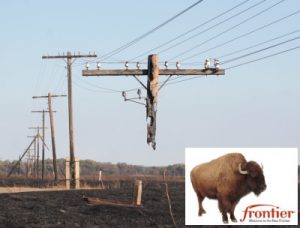 An undisclosed number of Frontier Communications customers in West Virginia were without phone service during the Christmas-New Year’s Day holidays because of copper thefts and slow repair crews that did not begin repairs for up to two weeks after the outages were reported.
An undisclosed number of Frontier Communications customers in West Virginia were without phone service during the Christmas-New Year’s Day holidays because of copper thefts and slow repair crews that did not begin repairs for up to two weeks after the outages were reported.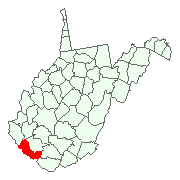
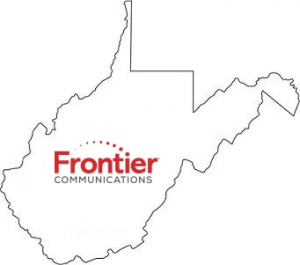

 Frontier Communications had to be chased by West Virginia Attorney General Patrick Morrisey to improve broadband speeds for at least 28,000 DSL customers who thought they were buying 6Mbps DSL service but ended up with maximum speeds of 1.5Mbps or less.
Frontier Communications had to be chased by West Virginia Attorney General Patrick Morrisey to improve broadband speeds for at least 28,000 DSL customers who thought they were buying 6Mbps DSL service but ended up with maximum speeds of 1.5Mbps or less.
 Judge Hoke rejected Frontier’s arguments, finding the phone company “buried” the arbitration clause in fine print on its website and on the last pages of customer billing inserts. Hoke also ruled Frontier was attempting to retroactively apply its arbitration clause years after customers initially signed up for broadband service.
Judge Hoke rejected Frontier’s arguments, finding the phone company “buried” the arbitration clause in fine print on its website and on the last pages of customer billing inserts. Hoke also ruled Frontier was attempting to retroactively apply its arbitration clause years after customers initially signed up for broadband service.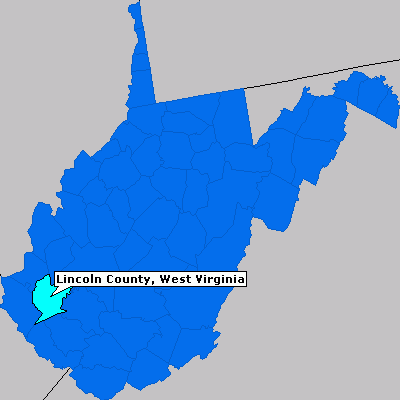 Judge Hoke also took a dim view of Frontier’s style of disclosing changes to its terms and conditions.
Judge Hoke also took a dim view of Frontier’s style of disclosing changes to its terms and conditions. The Republican leadership of West Virginia’s House of Delegates is alleged to have quietly placed a ban on considering any bill that could potentially offend Frontier Communications, frustrating state lawmakers attempting to introduce broadband improvement and consumer protection measures.
The Republican leadership of West Virginia’s House of Delegates is alleged to have quietly placed a ban on considering any bill that could potentially offend Frontier Communications, frustrating state lawmakers attempting to introduce broadband improvement and consumer protection measures.
